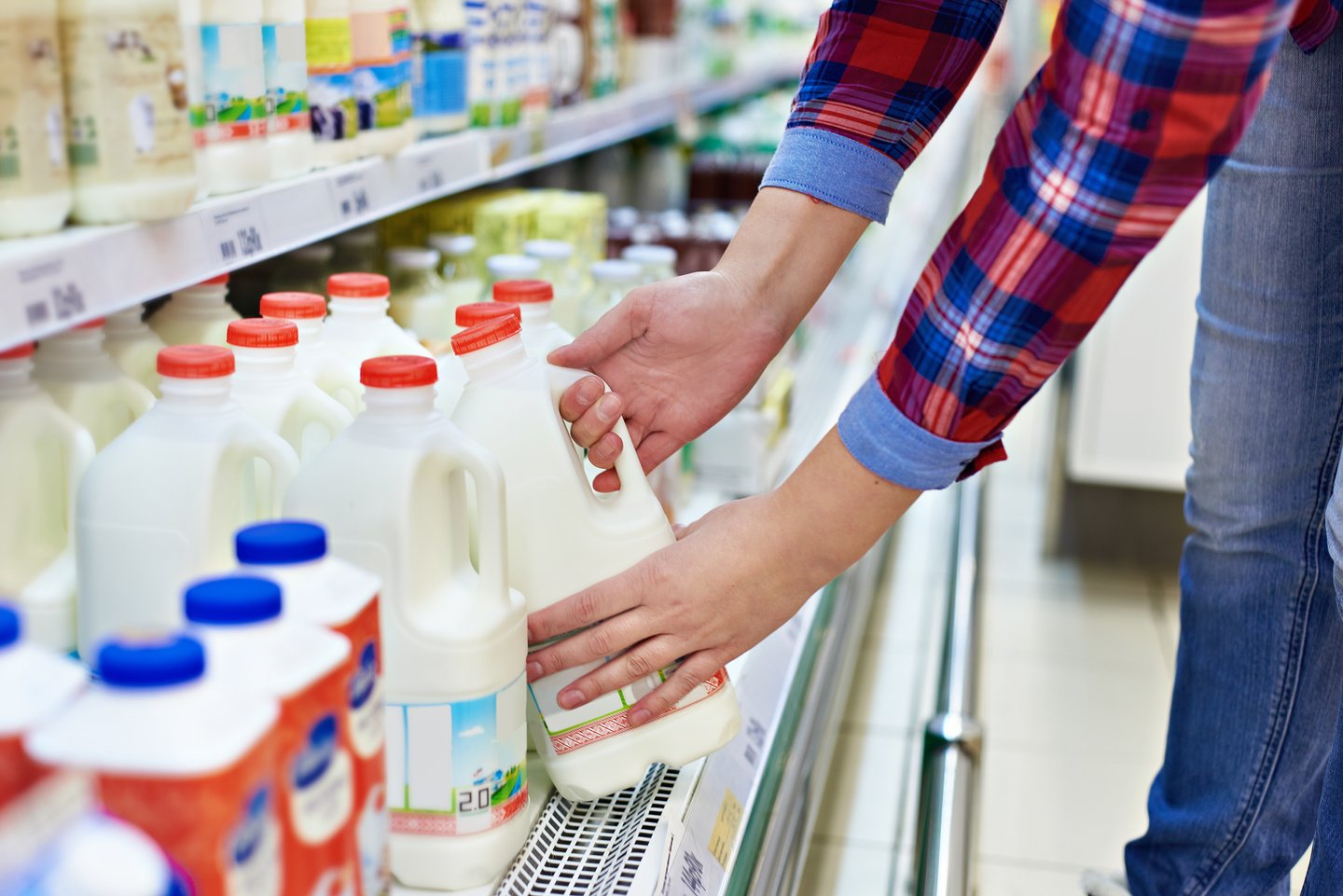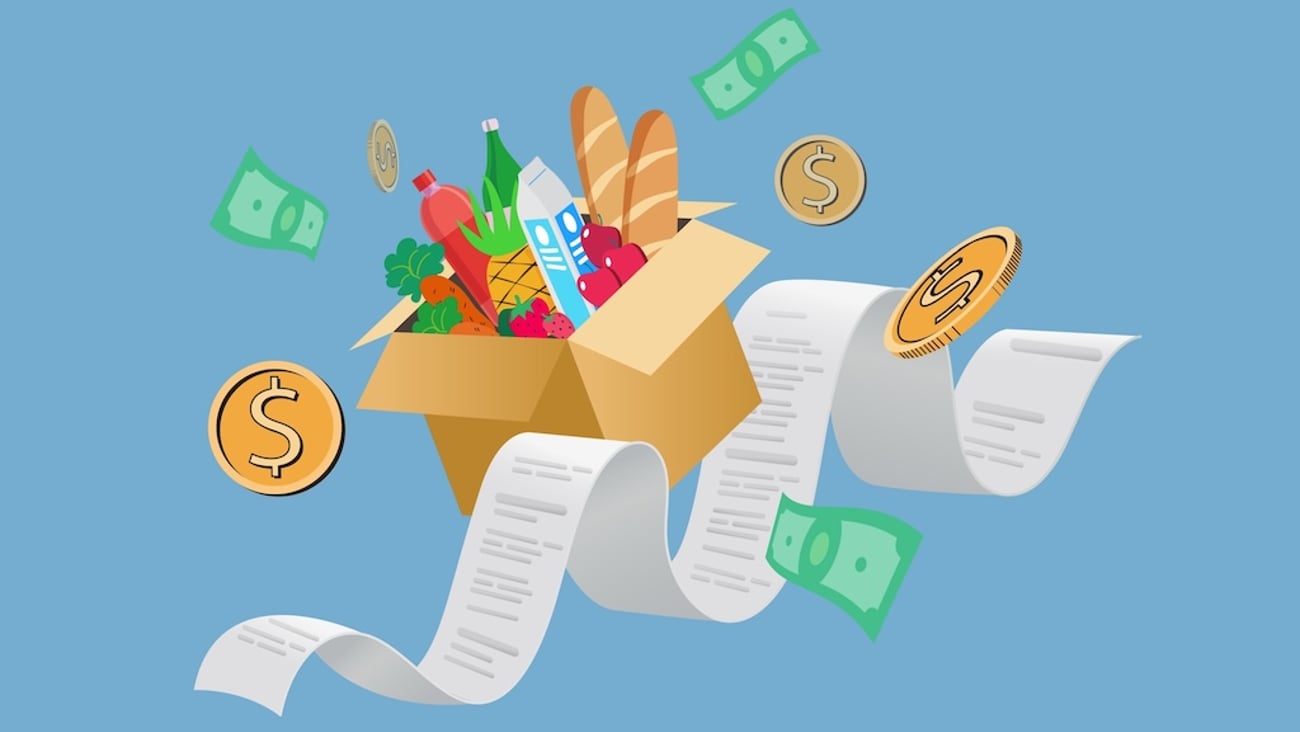Canadian dairy farmers are dumping billions of liters of milk
In the vast and verdant lands of Canada, a surprising fact is set to emerge over 6 billion liters of milk have been wasted since 2012, with higher estimates suggesting the figure could be closer to 10 billion liters over the last decade. Milk, valued at up to $14.9 billion CAD have been discarded on Canadian dairy farms since 2012. This staggering amount of waste, detailed in a study slated for publication in January by the Ecological Economics journal—the top environmental economics journal in the world—reflects an outdated system that misaligns with today’s environmental imperatives and market demands.
Canada’s dairy supply management system (DSMS), uniquely designed to match milk supply with demand through production quotas, theoretically should ensure not a single drop of milk is wasted on the farm. Unlike other countries, where market fluctuations can lead to overproduction and subsequent waste, Canada’s system aims to provide stability for farmers while meeting consumer needs efficiently. However, the reality is starkly different. Farmers, incentivized to maximize outputs to safeguard against variable cow lactation rates, often produce more milk than required, leading to significant waste.
This forthcoming research, a collaborative effort by authors from three different universities across three countries, underscores the global relevance of the issues at hand. The implications of their findings extend beyond greenhouse gases. The production of this wasted milk has consumed approximately 920 to 1,900 square kilometers of arable land and between 930 million to 1.9 billion cubic meters of water over ten years. These figures underscore a critical misuse of resources in a world where water scarcity and land degradation are ever-escalating concerns.
It’s also 8.4 million tonnes of CO2 emissions, which is like adding 330,000 cars to our transportation grid.
READ: Canada can easily fix its milk dumping problem
Moreover, this system’s rigidity does not reflect the shifting dietary preferences of Canadians, many of whom are turning towards plant-based alternatives due to health, ethical, or environmental reasons. At the same time, an increasing number of Canadians are relying on food banks to meet their basic needs—a situation that casts the wasteful practices under government-sanctioned quotas in a morally unacceptable light. These quotas, meant to stabilize the dairy sector for the benefit of all Canadians, seem to serve a select few at the expense of broader social welfare.
The Canadian Dairy Commission (CDC), a crown corporation, plays a pivotal role in overseeing these quotas. The mandate of the CDC needs a significant overhaul to reflect contemporary values and realities. Making milk waste on farms illegal would be a crucial first step. Additionally, the CDC should design a rescue program for surplus milk, converting it into powdered milk and storing it in a strategic reserve, similar to what is already done with butter. This would not only reduce waste but also provide a buffer against market fluctuations and ensure that surplus milk benefits Canadians rather than becoming an environmental liability.
The need for reform is clear. First, transparency within the DSMS needs to be enhanced. Just as the U.S. dairy industry has mechanisms to document and report milk waste, Canada could benefit from similar practices. This would not only provide a clearer picture of the waste but also encourage more responsible production practices.
Second, a reevaluation of the quota system is overdue. The current system is based on outdated assumptions about the nutritional indispensability of milk. By recalibrating quotas to better reflect the modern dietary landscape, which increasingly includes plant-based alternatives, Canada can take a step towards a more sustainable agricultural framework.
Finally, exploring the potential for exporting surplus milk could offer a temporary solution to manage excess production. However, this should be approached with caution to avoid unintended consequences, such as increasing global market dependency, which could undermine long-term sustainability goals.
If Bill C-282, which protects supply management during future trade negotiations, is so important to certain politicians, perhaps it's time to start a conversation about how we can improve the system for the benefit of all Canadians.
It’s time to stop crying over spilled milk and start acting to prevent it.






